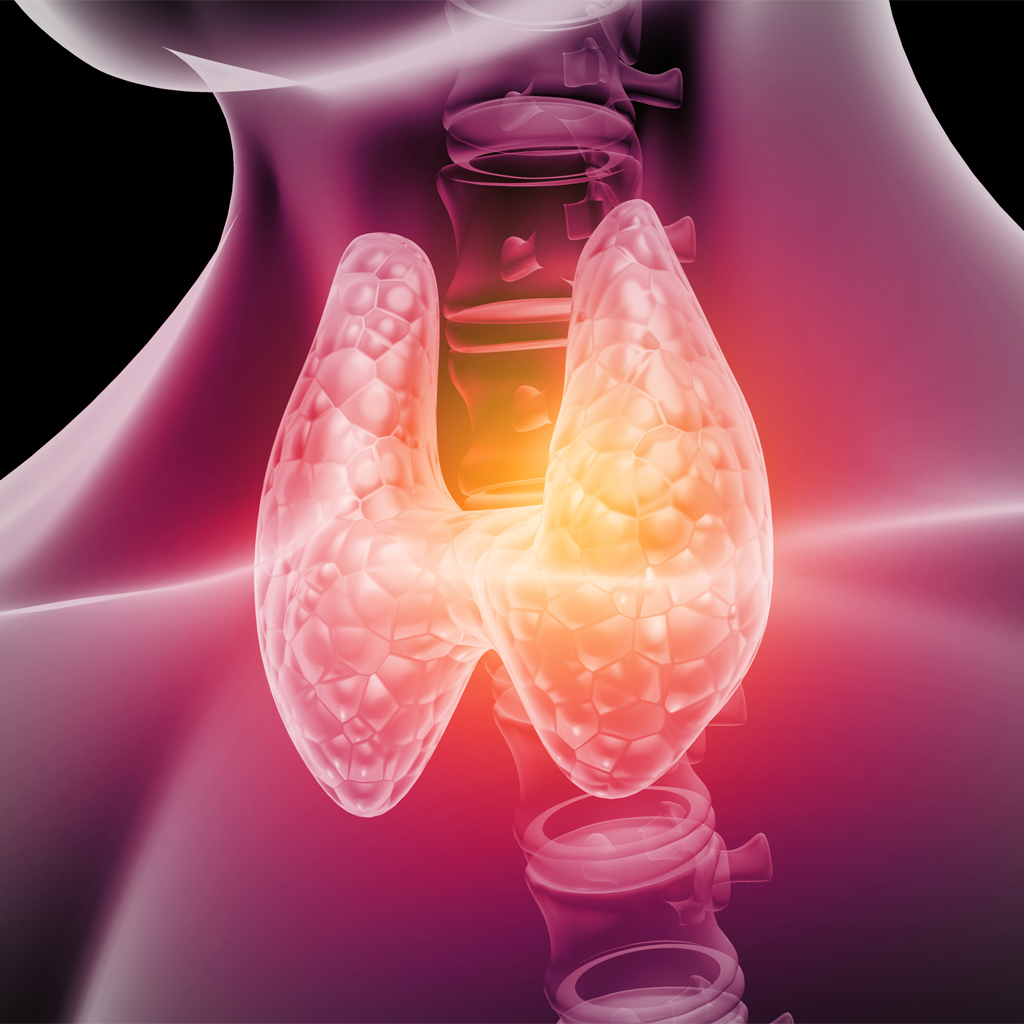What is a Thyroid Nodule?
A thyroid nodule is a growth or lump in the thyroid gland, located at the front of your neck. Most thyroid nodules are benign (non-cancerous) and may not cause symptoms. However, some nodules can become large or symptomatic, leading to:
- Noticeable lumps in the neck
- Painful or difficult swallowing
- Hoarseness or voice changes
- Breathing difficulties
- Symptoms of hyperthyroidism (overactive thyroid)

Causes and Risk Factors
There are several factors that may contribute to the development of thyroid nodules. Iodine deficiency is a known cause, especially in regions where dietary iodine is low. A family history of thyroid disease can increase your risk, as certain genetic factors play a role in thyroid health. Additionally, prior exposure to radiation, particularly during childhood, can heighten the likelihood of developing nodules later in life.
How Are Thyroid Nodules Diagnosed?
The diagnosis of a thyroid nodule typically begins with a careful physical examination of the neck to feel for lumps or irregularities. If a nodule is suspected, further assessment involves ultrasound imaging, which provides detailed pictures of the thyroid and helps determine the characteristics of the nodule. Blood tests are also commonly performed to evaluate thyroid function and to check for hormone imbalances.
In cases where a nodule appears large, unusual, or suspicious based on imaging or clinical findings, a fine needle aspiration biopsy may be recommended. This procedure uses a thin needle to collect cells from the nodule for examination under a microscope, which can help distinguish benign from malignant nodules.
Thyroid Nodule Treatment Options in Minneapolis
Treatment plans for thyroid nodules depend on the size of the nodule, the presence and severity of symptoms, and whether there are any concerning features or risk factors.
| Option | Description |
|---|---|
| Observation | Small, asymptomatic nodules are monitored with regular exams and ultrasounds. |
| Thyroid Nodule Biopsy | Ultrasound-guided needle biopsy checks for cancer or abnormal hormone production. |
| Hormone Therapy | Synthetic thyroid hormone may be prescribed if the gland is underactive. |
| Antithyroid Medication | Used if the nodule causes overproduction of thyroid hormones. |
| Surgery | For large or symptomatic nodules, partial or total thyroidectomy may be necessary. |
| Minimally Invasive | Outpatient procedures such as radiofrequency ablation are available for eligible patients. |